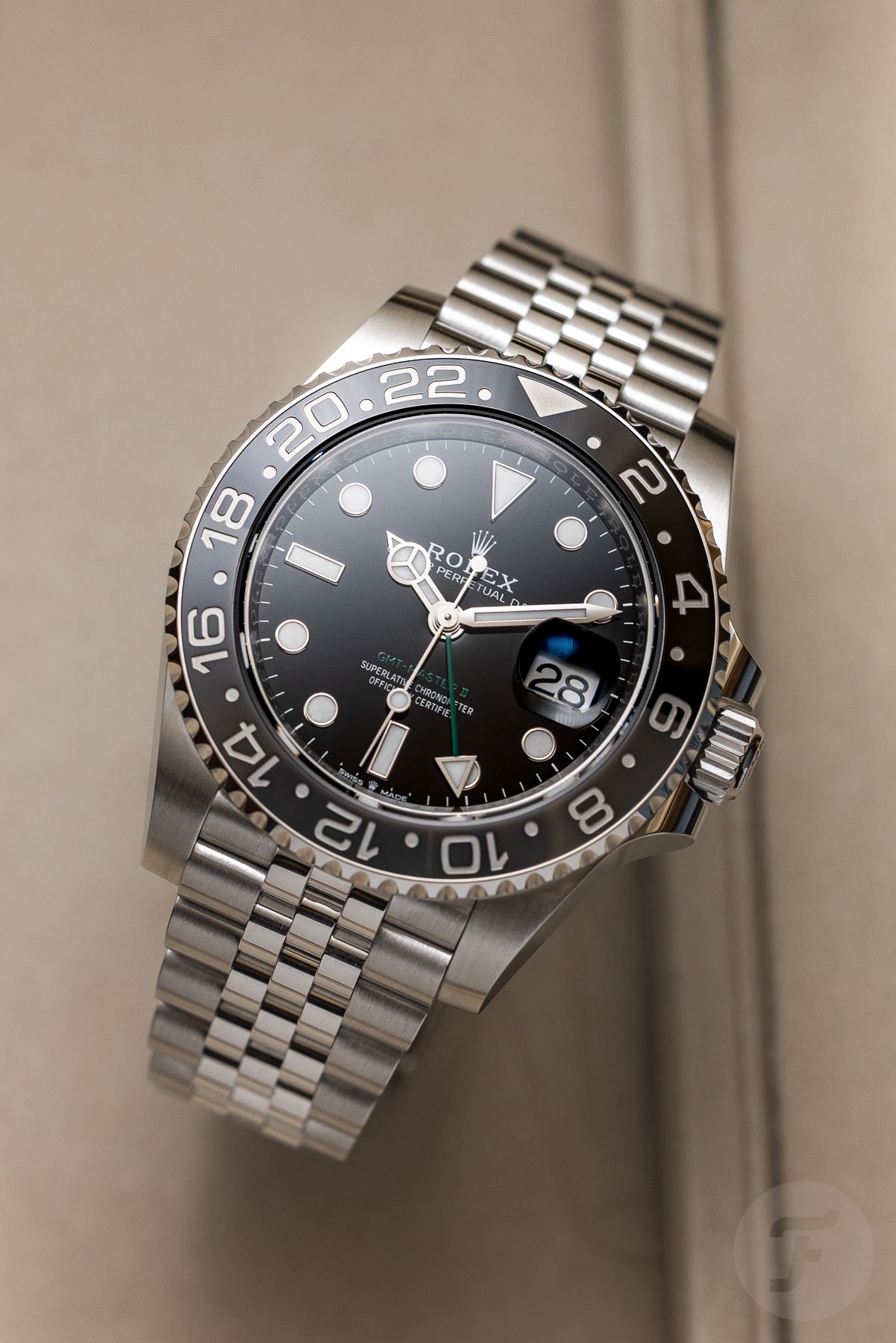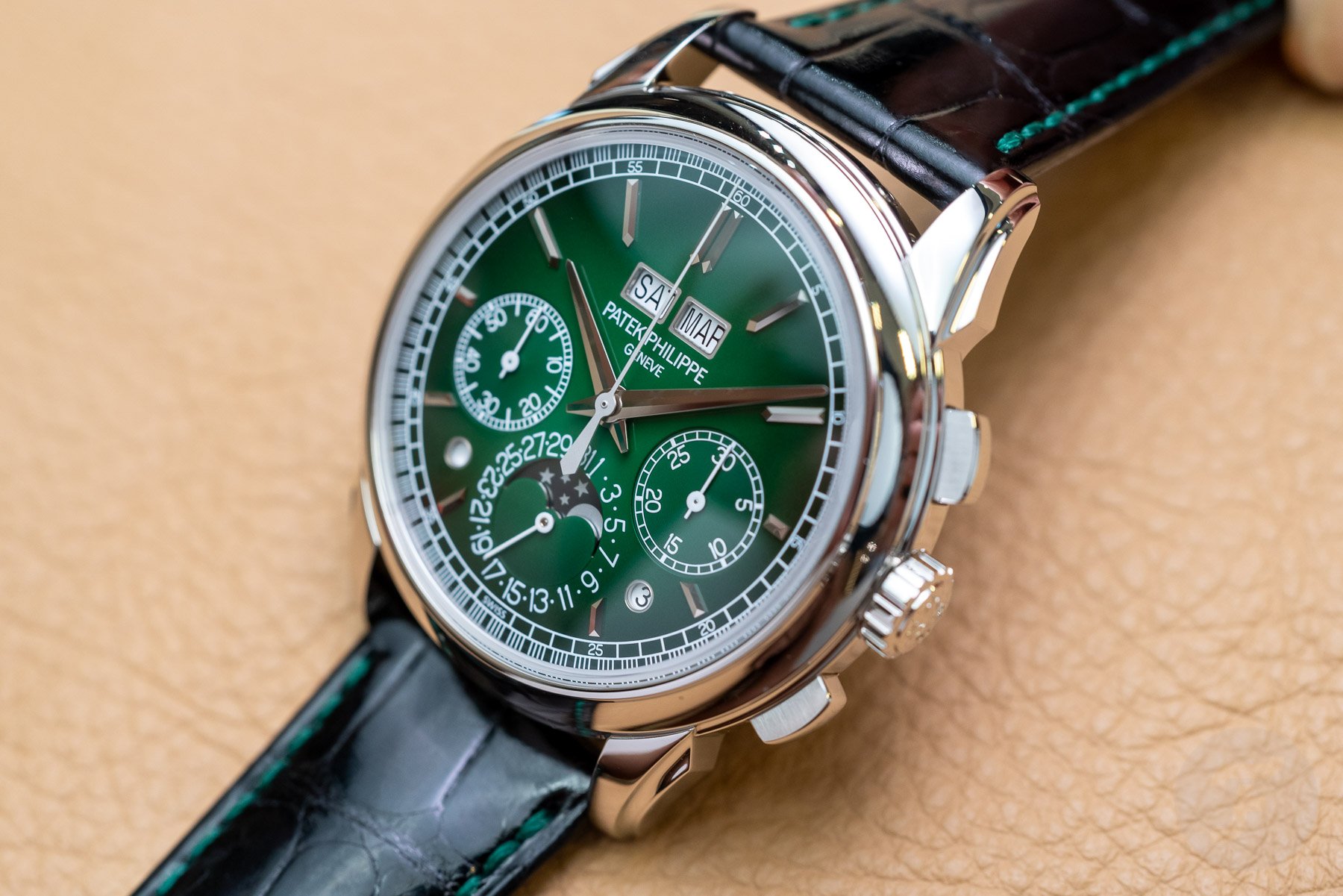The Gray Market For Watches: Understanding The Parallel World Of Watch Trading
In the watch industry, people often toss around the term “gray market,” but they don’t always fully understand it. The gray market for watches refers to a network of unofficial sales channels through which sellers trade watches outside of the authorized distribution system. While this market is legal, it operates without the endorsement of the brands. For many buyers, this market offers a chance to acquire sought-after timepieces that may be hard to find at retail, such as the Rolex Daytona, which has been an excellent example for many years. However, this comes with complexities and risks. In some cases, customers can also buy watches with serious discounts. Let’s dive into how the gray market works.
What is the gray market, and where do the watches come from?
The gray market for watches refers to selling legitimate, brand-new timepieces through unofficial channels. These transactions do not occur through the manufacturer’s authorized distribution network. Watches in the gray market can originate from several sources:
- Authorized dealers: Sometimes, authorized retailers have excess inventory, especially in markets where specific models are slow movers. This surplus can end up in the gray market. In some cases, authorized dealers might sell watches to gray-market dealers, bypassing the brand’s official sales channels.
- Parallel imports: Buyers purchase watches in countries where prices are lower due to currency fluctuations or lower retail taxes. They then import them into markets with higher demand. For example, someone might buy a watch in Japan, where prices are sometimes lower, and sell it to someone in the USA or Europe.
- Private sellers: Individual collectors or watch owners often turn to the gray market to sell or trade their pieces. This is especially true for discontinued or limited-edition models.
The possibilities are not limited to the above, though.
You might wonder why a watch that is highly in demand ends up in the gray market. Here’s an example: An authorized dealer has surplus stock but also has highly coveted models in stock. What happens is that the highly coveted watch is being offered to the gray market, but only in combination with watches that can be labeled as slow movers. The gray market dealer needs to purchase this package from the authorized dealer. This way, he “helps” the authorized dealer move the watches with less demand (and offers them with discount), and in return, the gray market dealer receives the Daytona or Nautilus (you name it) that they can sell with a premium.
Do these watches still have a warranty?
One of the most frequently asked questions about gray-market watches is whether they come with a valid warranty.
- Manufacturer warranty: Manufacturers typically offer a warranty of two years or more on watches. However, they only officially honor this warranty for watches purchased through authorized dealers. Watches bought from the gray market usually aren’t affected by this unless the warranty card isn’t filled out properly or the manufacturer learns that the watch (based on its serial number) wasn’t purchased from an authorized dealer.
- Third-party warranties: Many reputable gray-market dealers, especially those operating on platforms like Chrono24, will offer their limited warranties or guarantees. These typically cover repairs but are less comprehensive than manufacturers’ warranties.
- Serviceability: There should be no issues having your gray-market watch serviced or repaired at an official service center (or at the manufacturer).
Why do people buy watches from the gray market?
There are several reasons buyers turn to the gray market for watches. One is to buy sought-after models that may be hard to find at retail. Another reason is to buy discontinued watches that authorized dealers no longer carry. Yet another is the chance to purchase watches on the gray market for (more) attractive prices. Not all watches are less expensive, though. Take Rolex as an example: you won’t find discounts but, rather, a markup on those sought-after watches.
While the gray market is often associated with Rolex due to its high demand and limited availability, it also plays a crucial role in distributing other luxury watch brands. Discount levels for brands other than Rolex tend to be more significant, usually due to an imbalance of supply and demand. For some watches, discounts reach 20–30% or more.
The takeaway is that the gray market can offer attractive price reductions for brands with more supply or less demand than Rolex. However, due to scarcity and high demand, prices are often equal to or above retail for in-demand models from brands like Rolex and Patek Philippe.
Of course, you can also ask authorized dealers for a discount, but they are often unable to match the numbers given in the gray market. Still, buying from an authorized dealer (including a mono-brand boutique) has its perks. There’s no need to do your due diligence regarding authenticity or warranty. On top of that, many official selling points will ensure you have a memorable experience buying from them. This might include invitations to brand or boutique events or trips to the manufacturer. Instead of a discount, these might be the things you can ask for.
One of the most well-known platforms for buying and selling watches on the gray market is Chrono24. This online marketplace allows buyers to access a wide range of watches from dealers (authorized and gray market) and private sellers worldwide.
A mixed bag of opportunities and risks
The gray market offers an alternative route to acquiring watches, particularly in-demand pieces but also slow movers, for attractive prices. While it can be an interesting option for buyers seeking immediate availability or rare models, it comes with risks, especially regarding warranty and authenticity.
For those willing to navigate the gray market’s complexities, it’s possible to find excellent deals. However, it is essential to proceed with caution and do your due diligence. Always research sellers, understand warranty terms, and prepare to pay more for highly coveted models.
*Transparency note: Fratello is part of the same group of companies as Chrono24.





